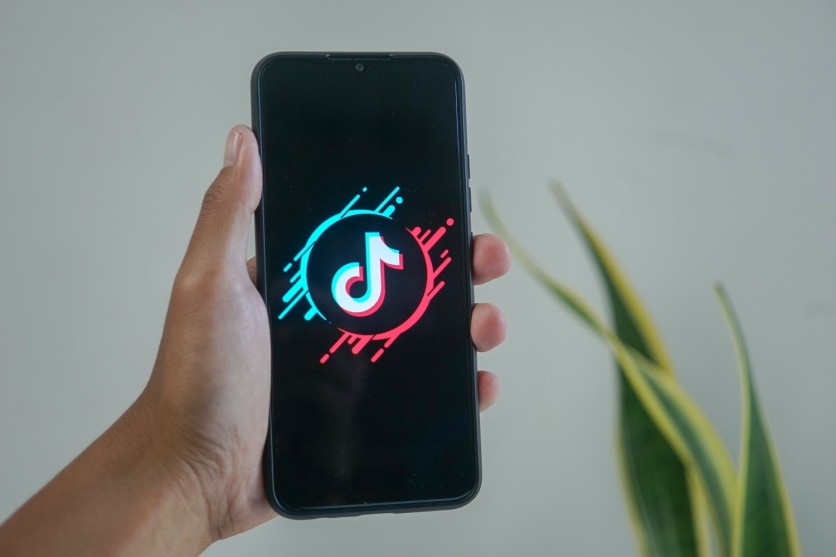
Indonesia is the latest country to impose e-commerce regulations on social media platforms. The Southeast Asian nation is now banning purchases on TikTok and other sites.
The Ministry of Trade has clarified in the recent announcement that promotions are still allowed on social media. However, it still won't allow transactions.
No Transactions on Social Media
According to News18, the move effectively means that the people of Indonesia are restricted from buying or selling products and services on platforms like TikTok and Facebook.
The government's goal is to segregate social media and e-commerce realms to prevent potential misuse of public data and safeguard user privacy.
With this, Minister of Trade Zulkifli Hasan articulated this policy during a recent media conference, emphasizing the importance of separating social media from e-commerce to avoid complete control by a single algorithm.
This separation, he argued, helps in preventing the use of personal data for commercial purposes, thereby safeguarding user privacy.
Related Article : Is TikTok Shop Outpacing Shopee, Lazada in Southeast Asia?
Equating Overseas Goods to Domestic Products
In addition to these developments, Indonesia plans to regulate the sale of overseas goods. These products will receive the same treatment as domestic offline goods, leveling the playing field.
The motivation behind this move lies in the increasing accessibility of foreign goods through social media platforms.
President Joko Widodo's call for social media regulations adds weight to these decisions. He cited the impact of these platforms on local businesses and the broader economy.
Indonesia's regulations are poised to affect TikTok's e-commerce endeavors significantly.
Challenging Times for TikTok
Reuters reports that Indonesia is TikTok's second-largest market, hosting a staggering 113 million users, just behind the United States with 116.5 million TikTok users. The data came from DataReportal.
TikTok CEO Shou Zi Chew had previously expressed ambitious investments in Indonesia and Southeast Asia in June, positioning the region as a critical market.
The video-sharing platform underlined the purpose of social commerce, highlighting its role in solving real-world challenges faced by local traditional small sellers. This concept involves connecting them with local creators who can amplify their online businesses by driving traffic.
TikTok expressed its respect for local laws and regulations while highlighting the impact on millions of sellers and affiliate creators who rely on TikTok Shop.
Implications on the E-Commerce Landscape
Citi, in a recent report, asserted that these regulations could offer an advantage to competitors like Shopee, the e-commerce arm of Sea Limited, and domestic players within Indonesia.
Citi viewed these developments as a positive step for traditional e-commerce in Indonesia, especially Sea Ltd., given the intense competition between TikTok and Shopee.
Depending on the transition process, any disruptions experienced by TikTok sellers during this shift are expected to favor Shopee and other established e-commerce platforms in the coming months.

ⓒ 2026 TECHTIMES.com All rights reserved. Do not reproduce without permission.




